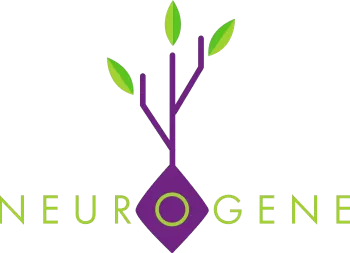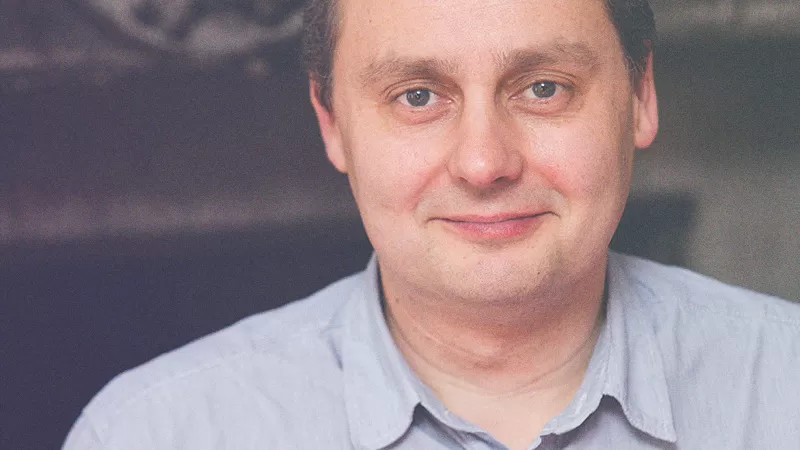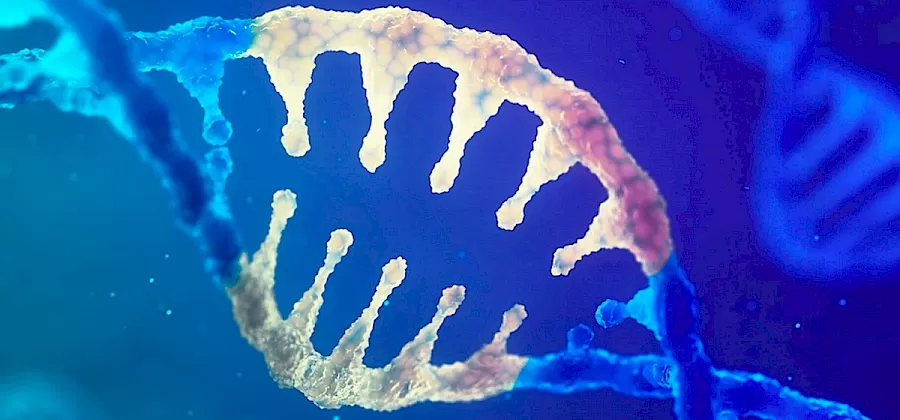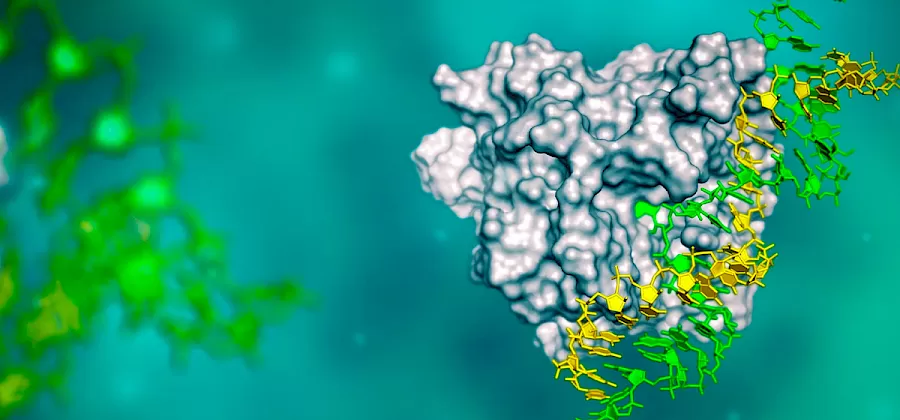Gene Therapy
Gene Therapy for Rett
Gene therapy is the most expeditious way to translate the mouse model reversibility studies to people. The concept behind gene therapy is simple: deliver healthy genes to compensate for mutated genes. Gene therapy is expected to be a one-and-done strategy and is relevant for all MECP2 mutations.
We have prioritized gene therapy by investing over $11 million which facilitated the two gene therapy programs that are now in the clinic.

Neurogene
Neurogene announced their Rett syndrome gene therapy program, NGN-401, in 2022. NGN-401 delivers a full-length MECP2 gene with a novel technology, called EXACT, that allows the amount of protein made by the gene to be regulated in order to avoid high levels. NGN-401 is administered via injection into the ventricles of the brain. This type of injection is called intracerebroventricular (ICV).
This gene therapy program was developed by Stuart Cobb, PhD, with almost $3 million of funding from RSRT. Dr. Cobb was part of our Gene Therapy Consortium, which launched in 2014.

Improvements in Rett mice treated with gene therapy
are much greater than that of any drug tested to date.

Taysha
TSHA-102 delivers a shortened version of the MECP2 gene (mini-gene) as well as a novel platform technology called miRARE to control the level of MECP2 expression. TSHA-102 is delivered via intrathecal injection at the base of the spine into the cerebral spinal fluid, similar to an epidural.
The mini-gene was developed by Adrian Bird, PhD, through our MECP2 Consortium. The miRARE platform was developed by Steve Gray, PhD, as part of our Gene Therapy Consortium.







